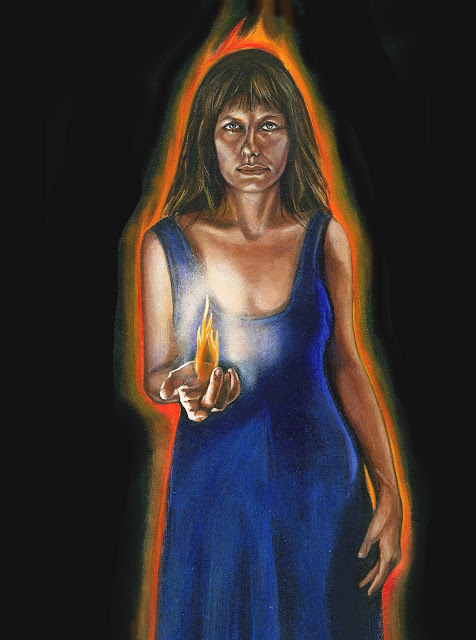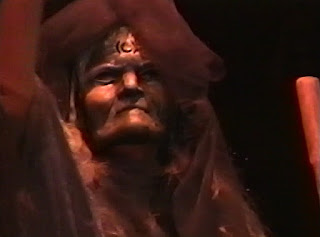What did you notice?
The dew-snail;
the low-flying sparrow;
the bat, on the wind, in the dark;
big-chested geese, in the V of sleekest performance;
the soft toad, patient in the hot sand;
the sweet-hungry ants;
the uproar of mice in the empty house;
the tin music of the cricket’s body;
the blouse of the goldenrod.
What did you hear?
The thrush greeting the morning;
the little bluebirds in their hot box;
the salty talk of the wren,
then the deep cup of the hour of silence.
When did you admire?
The oaks, letting down their dark and hairy fruit;
the carrot, rising in its elongated waist;
the onion, sheet after sheet, curved inward to the pale green wand;
at the end of summer the brassy dust, the almost liquid beauty of the flowers;
then the ferns, scrawned black by the frost.
What astonished you?
The swallows
making their dip and turn over the water.
What would you like to see again?
My dog: her energy and exuberance, her willingness,
her language beyond all nimbleness of tongue,
her recklessness, her loyalty, her sweetness,
her strong legs, her curled black lip, her snap.
What was most tender?
Queen Anne’s lace, with its parsnip root;
the everlasting in its bonnets of wool;
the kinks and turns of the tupelo’s body;
the tall, blank banks of sand;
the clam, clamped down.
What was most wonderful?
The sea, and its wide shoulders;
the sea and its triangles;
the sea lying back on its long athlete’s spine.
What did you think was happening?
The green beast of the hummingbird;
the eye of the pond;
the wet face of the lily;
the bright, puckered knee of the broken oak;
the red tulip of the fox’s mouth;
the up-swing, the down-pour,
the frayed sleeve of the first snow—
so the gods shake us from our sleep.














.jpg)















